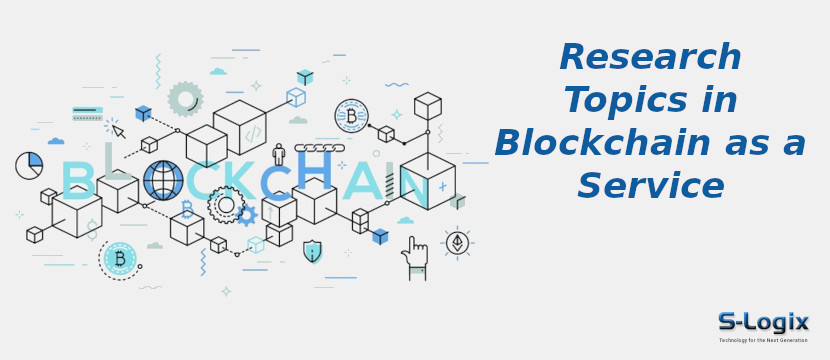Blockchain as a Service (BaaS) permits businesses to utilize cloud-based networks to construct the host and their blockchain-based applications. It is also referred to as third-party services. The Baas creates different opportunities to design novel blockchain-based solutions. The functions of Baas are likely to web host sorts, and they perform the back-end operations of blockchain-based applications.
The Baas assists in adopting the widespread blockchain model by acting as the catalyst. Generally, numerous customers wish to utilize the benefits of blockchain technology, whereas the complexities of blockchain techniques and high operation costs hinder the performance of the business environments. The Baas rectifies such issues by enabling the BaaS as third-party cloud-based networks in which the required blockchain model is constructed by the third-party service providers with efficient fees.
The BaaS is familiar as the top tech companies like Microsoft, IBM, and oracle integrate many divisions to enable BaaS.
The BaaS providers are listed as follows.
• IBM
• Oracle
• Amazon web services
• Dragonchain
• Skuchain
• Bloq
• Paystand
• icommunity
• Factorm
• Innominds
• Altoros
• LeewayHertz
• Appinventiv
Some of the advantages of BaaS are as follows.
• Seamless Services in the various business environment
• Fewer cost
• High degree of interoperability
• Deployment and management do not require any technical knowledge
Research Topics:
• Feasibility of BaaS to rectify the real-world business problems
• Community Support availability of BaaS
• Checking the BaaS adaptability with conventional Technologies
• Security and privacy issues associated with BaaS
• Complexities in BaaS implementation
